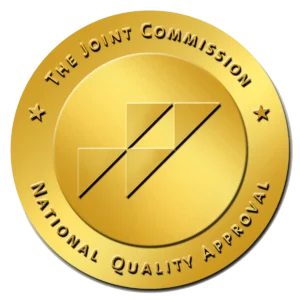- by Jackie Hammers-Crowell
Codependency is a word that has been thrown around a lot, without always being clear about what it means. At The Pavilion, in Williamsburg, Virginia, we think it is important...
Codependency is a word that has been thrown around a lot, without always being clear about what it means. At The Pavilion, in Williamsburg, Virginia, we think it is important...
While women are more likely to be diagnosed with depression and more likely to attempt suicide, men are far more likely to die as a result of a suicide attempt....
“Cure the stigma of mental illness” is the motto in the second October week. The National Alliance on Mental Illness (NAMI) and other organizations will promote this theme during Mental...
October 10 is World Mental Health Day. It is a day for mental health education, awareness and advocacy to fight social stigma. World Mental Health Day was first observed in...
National Depression Screening Day is held annually on the Thursday of the first full week in October, is an education and screening event conducted by hospitals, clinics, colleges, and community...
More people in Virginia have had access to healthcare coverage since the beginning of the year. The Commonwealth joined 32 other states in expanding Medicaid coverage, giving more adults between...
There has been a lot of praise for Lady Gaga’s brief remarks at the Grammy Awards. The pop star received the award for best pop duo/group performance for the song...
It can be difficult to differentiate between the effects of mental illness and dementia in senior citizens. Misdiagnosis is common between the two conditions because of their similar signs and...
One in four older Americans experiences some mental disorder including depression, anxiety disorders, and dementia, according to the National Council on Aging. NCOA does not expect the situation to improve...
It is quite common for older adults to experience multiple health problems requiring a battery of medications. Mobility and agility may be compromised and many seniors report reduced social and...
NO-COST CONFIDENTIAL ASSESSMENTS
with Mental Health Professionals are available 24/7.
Main Campus:
5483 Mooretown Rd
Williamsburg, VA 23188
Facility Phone: (888) 822-1750
Outpatient Center Office:
303 Butler Farm Road Suite 102
Hampton, VA 23666
Facility Phone: (888) 822-1750
